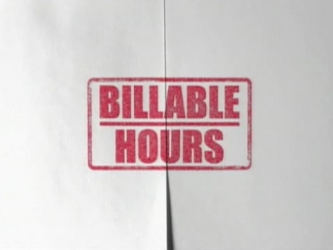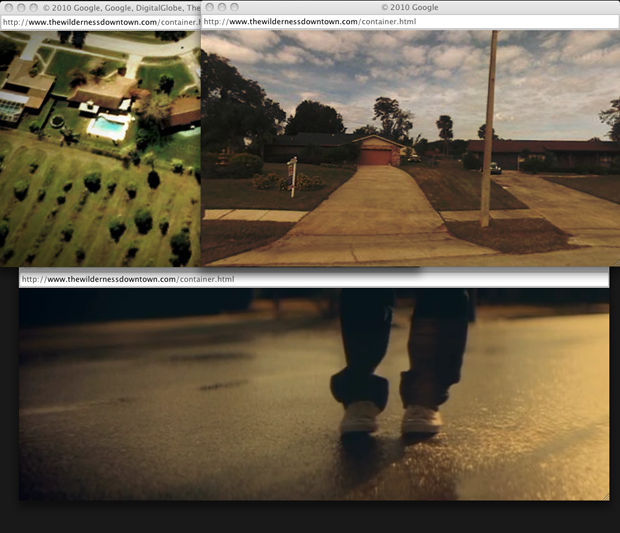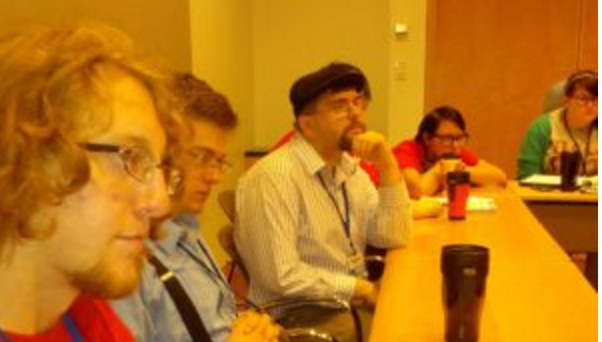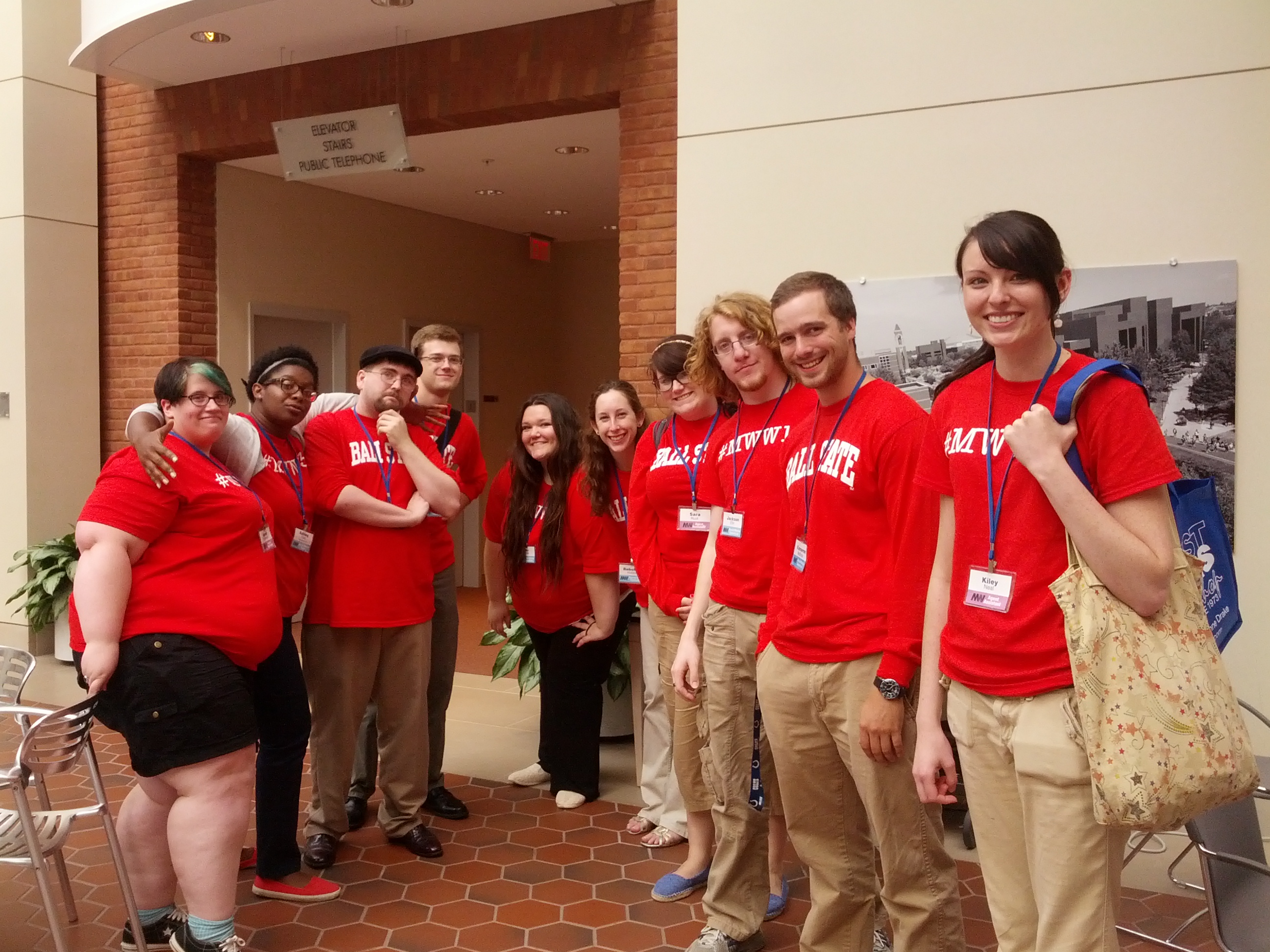 For the next few weeks, I’m going to devote my “Teaching Tuesday” posts to some of my teachers (in and out of the classroom) and what I learned from them.
For the next few weeks, I’m going to devote my “Teaching Tuesday” posts to some of my teachers (in and out of the classroom) and what I learned from them.
Lesson 1: Advocate For Your Homestate
Simply put, art is beholden to the kiln in which the artist was fired.
–August Wilson
On Saturday night, I went to the Indiana Author’s Award, which is also a fundraiser and swanky dinner. The event is intended to raise awareness of Indiana authors, encourage reading throughout the state, and raise the profile of the Library Foundation and its many good programs.








